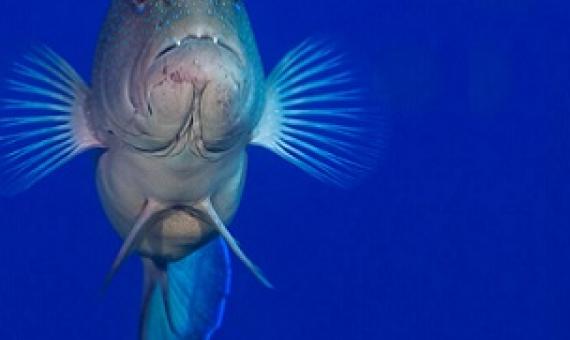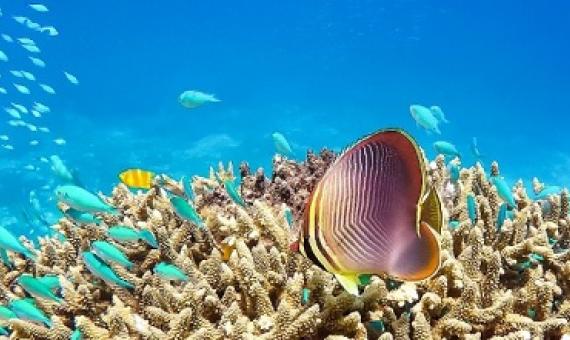A connectivity portfolio effect stabilizes marine reserve performance
Well-managed and enforced no-take marine reserves generate important larval subsidies to neighboring habitats and thereby contribute to the long-term sustainability of fisheries. However, larval dispersal patterns are variable, which leads to temporal fluctuations in the contribution of a single reserve to the replenishment of local populations. Identifying management strategies that mitigate the uncertainty in larval supply will help ensure the stability of recruitment dynamics and minimize the volatility in fishery catches.








